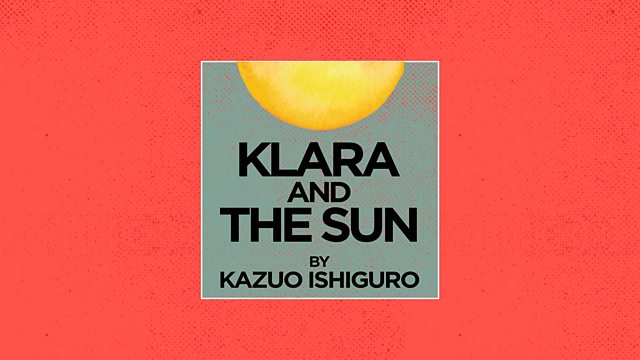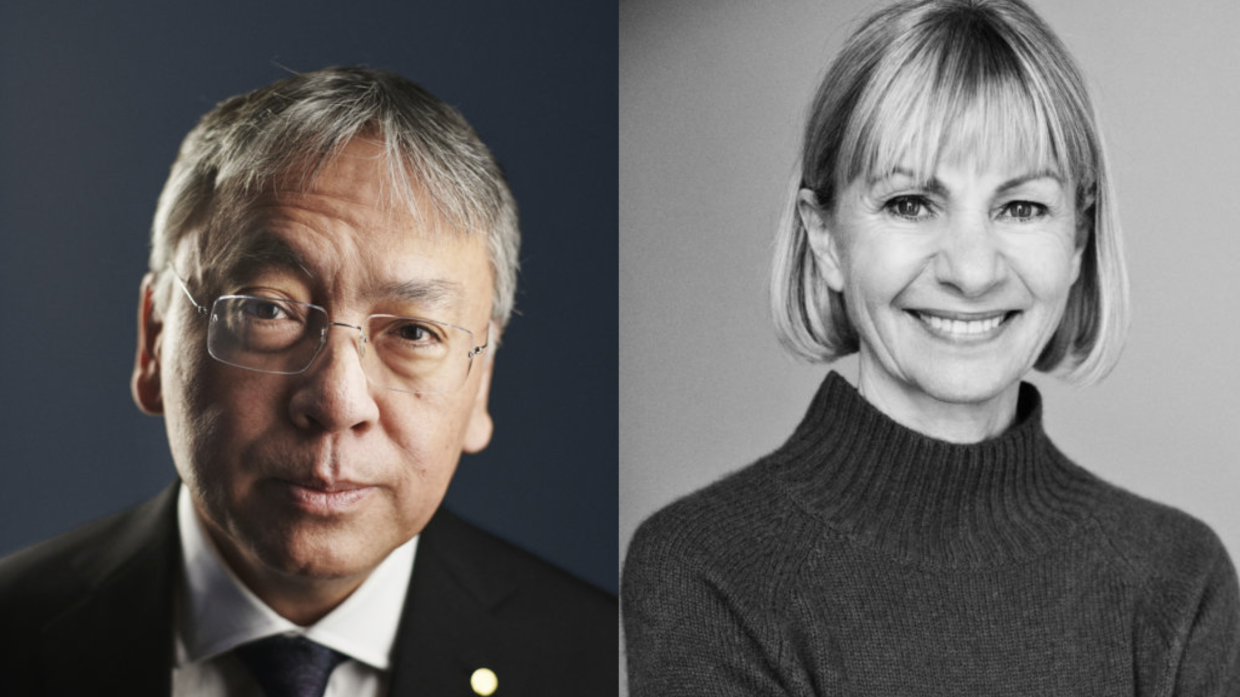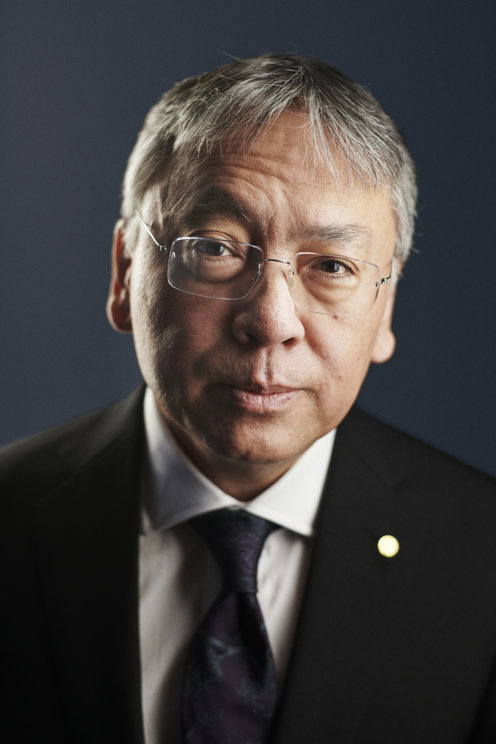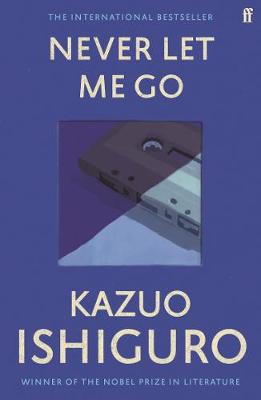by cassie harrison
Friday 23rd April marked the 10th anniversary of World Book Night – an annual celebration of reading. Jamie Byng founded the event on the basis there was no adult alternative to World Book Day, which successfully brings children together and inspires them to read. Thus, World Book Night shares the same aim, focusing on adult enjoyment.
With this year’s World Book Night theme being ‘Books to Make You Smile’, The Reading Agency have commissioned a free anthology of feel-good stories written by bestselling authors. In addition, titles from a specially compiled book list are being donated to community organisations, such as libraries, care homes, colleges and prisons. Some of these are also available as free audiobooks.
On World Book Night, The Reading Agency presented a programme of events in partnership with Specsavers. This made for a truly wonderful evening that I felt privileged to be part of. My favourite of the events was an interview with multi-award winning writer, Kazuo Ishiguro, led by Kate Mosse, who is an international bestselling author and Founder Director of the Women’s Prize for Fiction. It was their conversational tone and down to earth personalities that made the interview memorable.
“I am a completely different reader to the writer I am.“
kate mosse
Throughout the conversation, Ishiguro expressed his thoughtful perceptions, while also firing questions at Mosse and absorbing her responses with genuine intent. When Mosse confirmed that her writer self and reader self are different, Ishiguro probed further, ‘Is this a deliberate distance? Are you not tempted?’ Mosse admitted that she had only discovered her authorial voice when she began writing her fifth novel, as she had previously tried to imitate her favourite authors. It is my understanding that many writers have to overcome this inclination.
Interestingly, both authors admitted that their reading behaviours differ from their dispositions as writers. Ishiguro disclosed that many of his favourite authors are not like him as a writer. He explained that if he adopted their style of writing, he wouldn’t ‘own it’ – it wouldn’t have ‘intentionality’ coming from him. He simply wouldn’t attempt to go there.
“The novel you write has to come from you in a deep way. A novel that you love [to read] doesn’t have to have that at all.”
kazuo ishiguro

Later, Ishiguro discussed the convenience of his robotic protagonist, Klara – a ‘clean tool’ to explore his chosen theme of loneliness in his recent novel, Klara and The Sun. He explained that Klara can reveal things about humanity in real time, without any baggage of her own, comparing her perception to that of a toddler. She witnesses a fundamental human loneliness that derives from the complexity and individuality of humanity. Ishiguro utilises Klara to focus on this notion.
On the topic of literary awards, Ishiguro compared the forewarning of winning shortlisted prizes, such as the Booker, where there is a “rumbling thunder coming towards you” to the shock of winning the Nobel Prize in Literature. With realistic humour, he spoke of a completely clear blue sky, followed by a bang, ‘and the press are in your garden.’
On the topic of literary awards, Ishiguro compared the forewarning of winning shortlisted prizes, such as the Booker, where there is a “rumbling thunder coming towards you” to the shock of winning the Nobel Prize in Literature. With realistic humour, he spoke of a completely clear blue sky, followed by a bang, ‘and the press are in your garden.’
Ishiguro said his prize winnings are due to an element of luck. He suggested this is a reflection of various forces in play at the time – ‘Culturally, I like to think I won the Nobel on behalf of a writing community – a generation of writers with a certain set of values’
“There are writers who are as good as me, or better than me, who haven’t received anything like what I have.”
kazuo ishiguro
Despite his huge success, Ishiguro emphasised that his writing still doesn’t always come out the way he wants it to. Returning from a parallel universe to face the same writing problems, Ishiguro described his feeling that ‘a different person – an avatar – got those prizes’. He also revealed that writing books remains a ‘massive slog’. Questioning how on earth he did it before and how he might cheat his way through, Ishiguro’s main motivation is a sense of urgency and responsibility to fulfil the exciting potential of his ideas. Comparing this to the desperate panic of an individual struggling to recall a dream, he reiterated, ‘It’s only me – no one else is going to make it come into existence.’
Ishiguro declared that he was inspired by a younger generation of writers to complete Never Let Me Go. Before observing the open-minded attitudes of these authors, he felt inhibited by genre boundaries. Ishiguro struggled with Never Let Me Go for years, but adopting the courage and imaginative permission to use sci-fi settings enabled the book to work.
“Overinsistence on genre boundaries is useful for marketing, but I think it’s also impeding people from reading and discovering books that they would love.”
ishiguro
Still keen to pursue Mosse’s viewpoint, Ishiguro asked her opinion on genre restrictions. She agreed that they can be impeding. Thus, Mosse encouraged writers to connect with readers through creating the best books they can, without categorising themselves. ‘Leave that to the bookshops,’ she stressed.
Adding to this, Ishiguro shared that his daughter, at the age of ten, was advised to pay little attention to books written by adults and instead, follow her own ‘secret trail of books’. Ishiguro emphasised that our intimate and complex trail does not rely on books that are newly published in our own country. Ishiguro insists that our secret trails can be damaged from the ‘outside’. For example, through the constant cycle of books recommended by publishers and booksellers, though he acknowledged the benefit of this for authors like himself.
“I think we could read more freely, broadly, more diversely – not just in terms of race or gender, but ideas and feelings – if we didn’t take genres too seriously.”
kazuo ishiguro
Both Ishiguro and Mosse agreed that readers must exhibit confidence and strength to follow their own personal trail of books. This reflects the purpose of World Book Night: to celebrate all forms of reading, to encourage the wonder of reading, and remind people that there are incredible books that they may not have encountered.
As the interview came to a close, despite Mosse’s repeated indications that they were out of time, Ishiguro couldn’t bring himself to wrap up their insightful conversation. He insisted that he wanted to “leave something hanging”. He questioned, what is it about some books that linger in our minds after we finish reading them? It was inevitable that this final question from Ishiguro sparked further discussion between the two lovers of literature. With intrigue, Ishiguro pondered further, “We pay attention to how [books] grip us during the [reading] experience, but after we close the book, there are some that just stay with us, not just for days and weeks, but for years.”
In an attempt to decipher the reasoning behind this, Mosse and Ishiguro reflected on the books that have lingered with them. For Ishiguro, there were many, while Wuthering Heights stood out to Mosse, as she re-reads the classic each decade to grasp a deeper understanding of the novel. Mosse also praised Ishiguro for Klara and the Sun, on the basis that “you [he] the writer, leaves space for me, the reader, to bring something of myself to the book.” She maintained, “the book isn’t quite finished until it’s in the reader’s hands, when it becomes a unique piece of reading.”
“The joy of reading keeps us company the whole way through our lives, whether we’re writers or not.”
kate mosse
World Book Night has certainly prompted me to consider what my own reading trail looks like – which books linger with me? Where will I take my reading next? The hashtag #WorldBookNight offers a realm of potentially undiscovered possibilities.




